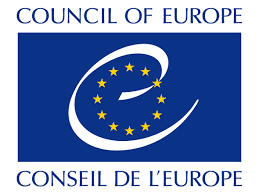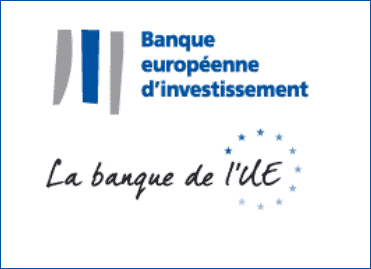Evaluation and support

Final or Ex post programme evaluation is our core business: we collect and analyse information to answer your evaluation questions. We usually combine several data collection and analysis instruments (see below) to ensure that all sources of information and points of view have been taken into account.
We support pluralist and participative evaluation1: we believe that an assessment is more valuable, that its results are sounder and more credible when all stakeholders have been involved in the process. We offer many approaches and methods to encourage their participation.
We also provide other sorts of evaluation services, such as ex ante and in itinere evaluations, M&E systems, evaluability assessments, support to the development of the evaluation function in your organisation, etc.
to find out more.
Discover our other evaluation and support references on our French website.
Impact evaluation
Impact evaluation is a facet of evaluation which aims at proving causality links between an intervention and expected (or unexpected) changes.
We specialise in theory-based impact evaluation methods, and in particular contribution analysis (see our evaluation of CIFOR’s impact on sustainable forest management in the Congo Basin), but we can also advocate counterfactual methods when they are adequate (evaluation of Structural funds’ impact on employment in French Rhône-Alpes Region, evaluation of ADEME’s “Investments for the Future” programme).
Our approaches and methods
Impact Evaluation: Theory-based approaches, including contribution analysis; realist approaches; qualitative comparative analysis; concept mapping; process tracing; evaluation synthesis and meta-evaluation…
Data collection methods : documentary analysis, literature review, database analysis, individual and collective interviews, survey, case study. Numerous participative methods, including Metaplan®, Colored Vote, Panel, Delphi…
Analysis methods: problem tree, theory of change, causal model, multicriteria analysis, single-case and crossed-case analysis, descriptive and inferential statistics, network analysis, mapping…
-
Evaluation is pluralistic when it includes all stakeholders, for instance by collecting their points of view or informing them of the conclusions; it is participative when these stakeholders are engaged in the evaluation's implementation, for instance by including them in the Steering Committee. ↩






